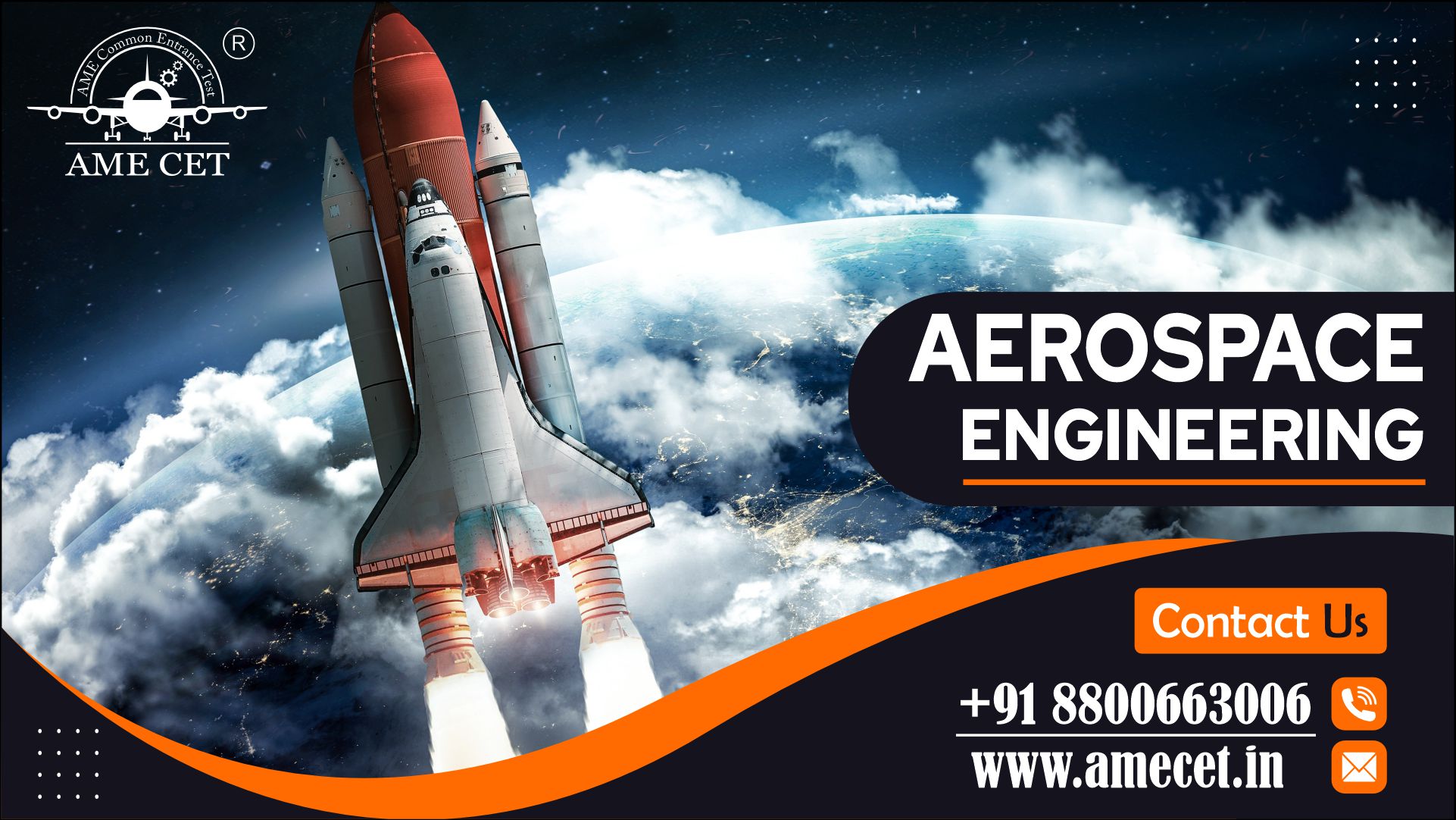Aerospace Engineering is an exciting and innovative branch of engineering that combines science and technology to design, develop, and maintain aircraft and spacecraft. It plays a vital role in advancing aviation and space exploration, making it one of the most sought-after fields for aspiring engineers. Here's everything you need to know about Aerospace Engineering, including its scope, applications, and career opportunities.
What is Aerospace Engineering?
Aerospace Engineering is a discipline that focuses on the design, development, and maintenance of both atmospheric (aviation) and extra-atmospheric (space) vehicles. It is further divided into Aeronautical Engineering, which deals with aircraft within Earth's atmosphere, and Astronautical Engineering, which focuses on spacecraft and technologies for outer space.
What is in Aerospace Engineering?
The field encompasses a wide range of areas, including:
- Aircraft and Spacecraft Design: Creating efficient, safe, and innovative designs for vehicles.
- Propulsion Systems: Developing engines for both aircraft and spacecraft.
- Aerodynamics: Understanding and optimizing how air interacts with surfaces.
- Spacecraft Engineering: Specializing in technologies and systems for satellites, rockets, and space exploration missions.
What Do Aerospace Engineers Do?
Aerospace engineers work on various tasks, including:
- Designing and testing prototypes of aircraft and spacecraft.
- Improving propulsion systems for better fuel efficiency.
- Ensuring the structural integrity of aerospace vehicles.
- Developing navigation and control systems.
If you're wondering, "What can an aerospace engineer do?", the possibilities are vast, including roles in research, defense, and even private space exploration companies.
B.Tech Aerospace Engineering
One of the most popular pathways to enter this field is pursuing a B.Tech in Aerospace Engineering. This undergraduate program equips students with the knowledge and skills to excel in aerospace design, maintenance, and innovation.
Aerospace Engineering Course Details
- Duration: Typically 4 years.
- Core Subjects:
- Thermodynamics
- Fluid Mechanics
- Structural Analysis
- Propulsion Systems
- Avionics and Spacecraft Engineering
- Eligibility: A strong foundation in physics, chemistry, and mathematics at the 10+2 level.
Aerospace Courses and Career Opportunities
Apart from a B.Tech, there are various diploma and master's programs for those looking to specialize further. Career options include roles in:
- Aircraft and spacecraft manufacturing companies.
- Defense organizations.
- Research and development in space exploration.
- Private aerospace ventures like SpaceX and Blue Origin.
Conclusion
Aerospace Engineering is a dynamic and challenging field that offers opportunities to work on cutting-edge technologies shaping the future of aviation and space exploration. Whether you're interested in Aeronautical Engineering, Astronautical Engineering, or Spacecraft Engineering, this discipline has something exciting to offer for every passionate engineer.


 Australia
Australia India
India Singapore
Singapore United Kingdom
United Kingdom Germany
Germany South Africa
South Africa New Zealand
New Zealand Nigeria
Nigeria Canada
Canada France
France Spain
Spain Italy
Italy Ireland
Ireland UAE
UAE
